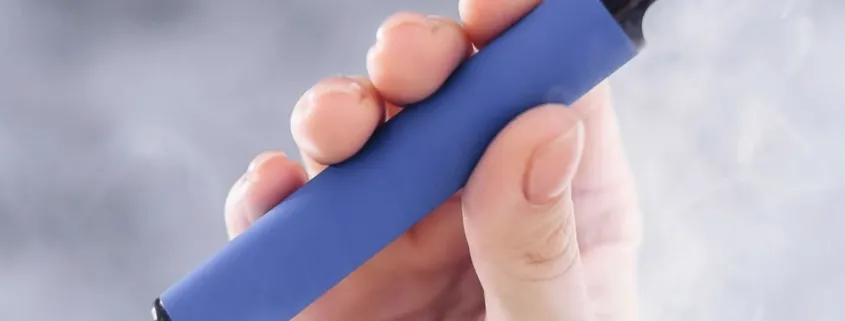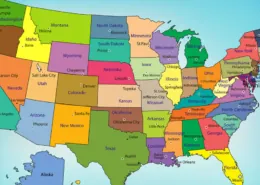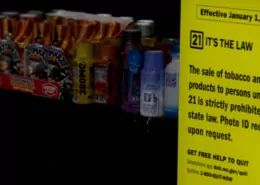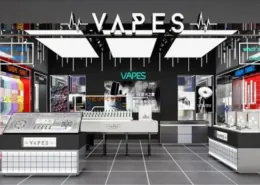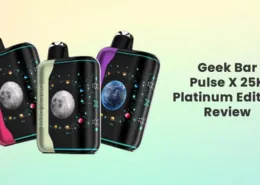Which Countries Implementing Bans on Disposable Vapes
Disposable or single-use vapes exploded in popularity thanks to novelty flavors and compact aesthetics. But several nations now move to prohibit these devices, known as puff bars, over escalating concerns around youth vaping.
The Meteoric Rise of Disposable Vapes
When e-cigarettes first came to market, they were promoted as a safer alternative to smoking. Disposable options took off around 2021, delivering nicotine salts in trendy flavors like mango and strawberry.
Dubbed puff bars, these petite one-time vapes are discretely sized like USB sticks. Their eye-catching colors and fruity flavors made disposables go viral on social media and with teenagers.
Seeing adolescent vaping skyrocket, regulators now push bans to combat health risks and reverse youth nicotine addiction trends. But they face opposition from some vaping advocates.
United Kingdom Feels Pressure to Follow Scotland and Wales’ Lead
The UK government faces growing demands for a nationwide disposable vape prohibition. Scotland and Wales already urged action against puff bars to protect young people.
“Disposable e-cigarettes are a threat to both public health and the environment,” said Scottish First Minister Humza Yousaf, citing serious concerns around youth uptake.
Some Scottish municipalities independently banned sales before the country called for national action. Now Wales presses the UK government to follow suit with a countrywide ban to curb teen use.
Health worries compound environmental issues like disposable vape litter plaguing communities. But enacting blanket UK restrictions has proven difficult thus far.
Read more: SCOTLAND GOVERNMENT-BACKED REPORT CALLS TO BAN DISPOSABLE VAPES
EU Member States Taking Independent Action
In January 2022, France became the first EU nation to implement a national ban on disposable vape sales. Officials aimed to deter surging teen consumption and environmental impacts.
Belgium eagerly awaits EU approval to implement its own ban. Ireland is currently gauging public support for prohibiting disposables as youth vaping rates climb.
Germany plans to push for an EU-wide disposable ban, asserting these devices pollute the continent and threaten proper waste management. Some EU officials expect bloc-wide restrictions in 2023 if teen use keeps rising exponentially.
But individual countries are stepping up with unilateral bans for now trying to turn the tide on adolescent addiction.
New Zealand Implements Disposable Ban Alongside Strict Vape Policies
Known for tough tobacco stances, New Zealand banned disposable vape sales nationwide in August 2022. The country also imposed strict new regulations on general vaping products.
Rules limiting vape liquid nicotine concentrations, flavor naming, and retail proximity to schools aim to deter youth uptake while retaining access for smoking cessation among adult users.
“We recognize we need to strike a balance between preventing young people from starting to vape, at the same time as having vapes available as a cessation tool,” said NZ Health Minister Dr. Ayesha Verrall.
New Zealand seeks to discourage teenage experimentation and ongoing nicotine addiction while maintaining vaping as an off-ramp for current adult smokers. Only time will tell if this delicate balance proves effective.
Australia Bans Disposables – Accuses Companies of ‘Hooking’ Young Users
Just ahead of New Zealand, Australia implemented a nationwide disposable vape ban accompanied by harsh penalties. Officials directly accused tobacco companies of engineering flavors and marketing to addict adolescents.
“We’re not going to allow tobacco companies to get the next generation of young Australians hooked on nicotine,” said Australian Health Minister Mark Butler, demonstrating the country’s uncompromising stance.
Some Australian vaping advocates argued a blanket ban could perversely boost dangerous DIY vaping. But officials prioritized deterring youth uptake above retaining adult access in this case.
Read more: AUSTRALIA BANNING NON-THERAPEUTIC VAPES
United States Lacks Cohesive Federal Regulation So Far
Unlike Australia and New Zealand, the United States does not yet have overarching federal regulation around disposable vaping devices. Individual states implement a patchwork of inconsistent flavor bans, sales restrictions, and minimum age laws.
The FDA aims to eventually enact nationwide disposable vape policies. But given the slow pace of bureaucratic rulemaking, state-level action currently fills the gaps. Some regions banned sales as adolescent use rates keep multiplying.
With disposable vaping exploding among American teenagers, pressure for decisive federal action steadily mounts. However, the regulatory process means potential delays before cohesive US policies emerge.
Read more: FDA ISSUES WARNING LETTERS TARGETING ILLEGAL DISPOSABLE VAPE DISTRIBUTION
Do Bans Offer the Most Effective Solution?
Critics argue heavy-handed bans could bolster dangerous black market vape sales while limiting adult access to less harmful nicotine options. But officials in favor claim dramatic action is crucial to reverse youth vaping addiction trends.
The impacts from implemented bans remain unclear thus far. Public health outcomes will grow more evident over time as regions collect data. For now, authorities continue viewing prohibition as an urgent measure against mushrooming adolescent usage.
One certainty is disposable vapes face intensifying international scrutiny. Lawmakers around the globe push forward implementing sales bans in hopes of stemming the mounting youth vaping crisis.
- Is Vaping and Driving Illegal in Vermont? (2025 Guide) - July 18, 2025
- Vaping Laws in Vermont : A Comprehensive Guide for 2025 - July 18, 2025
- Malaysian Sarawak Considers Banning Vape Product Sales - July 18, 2025

